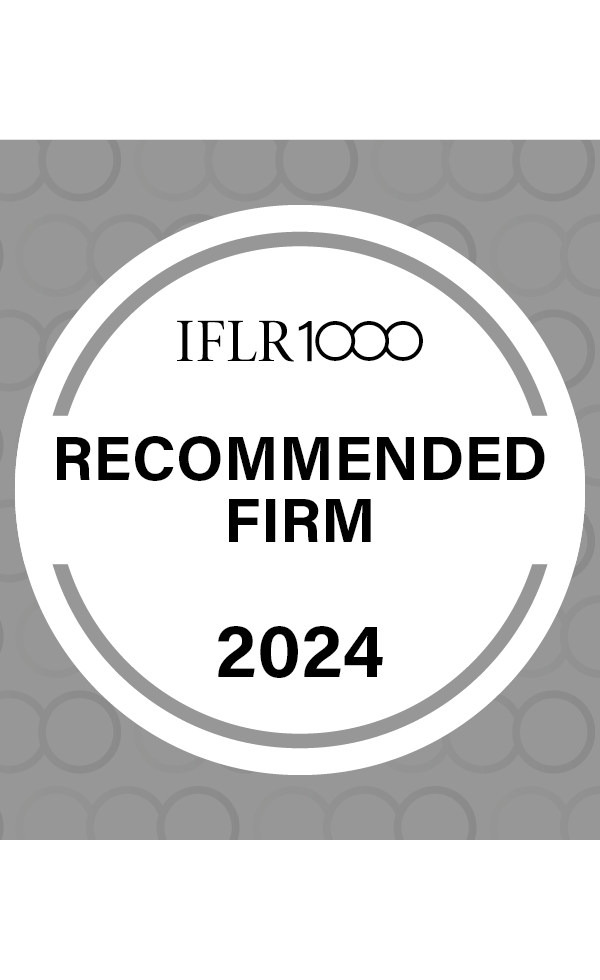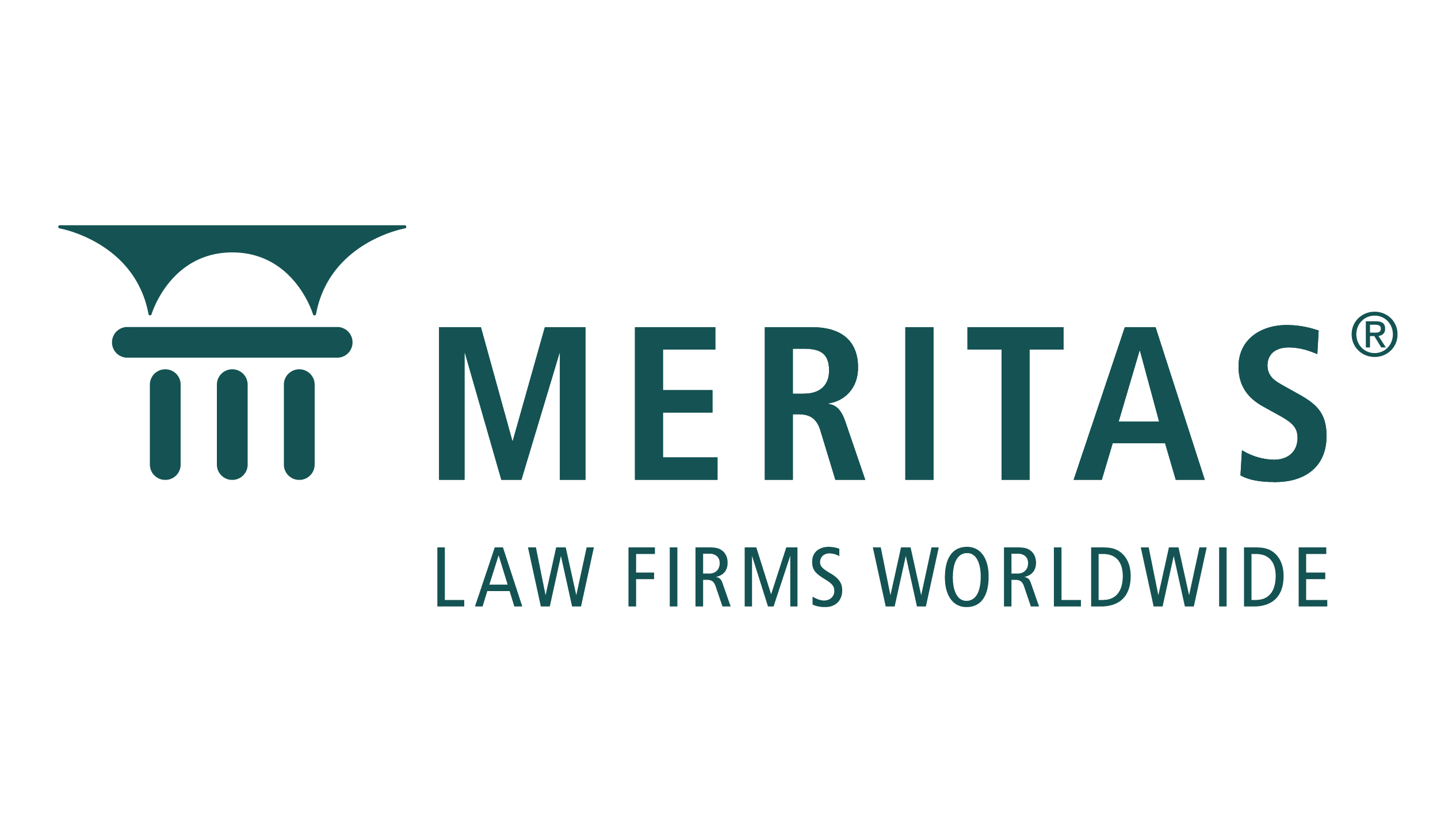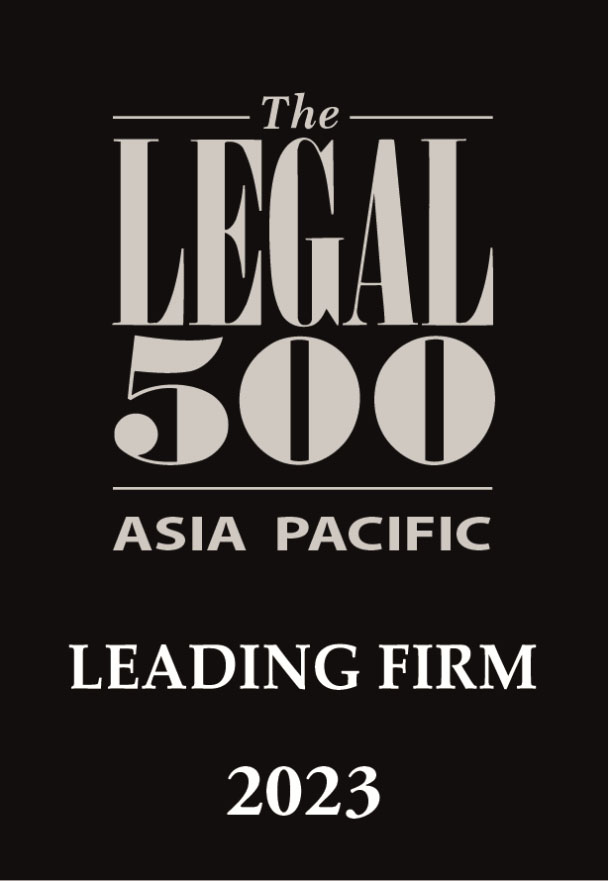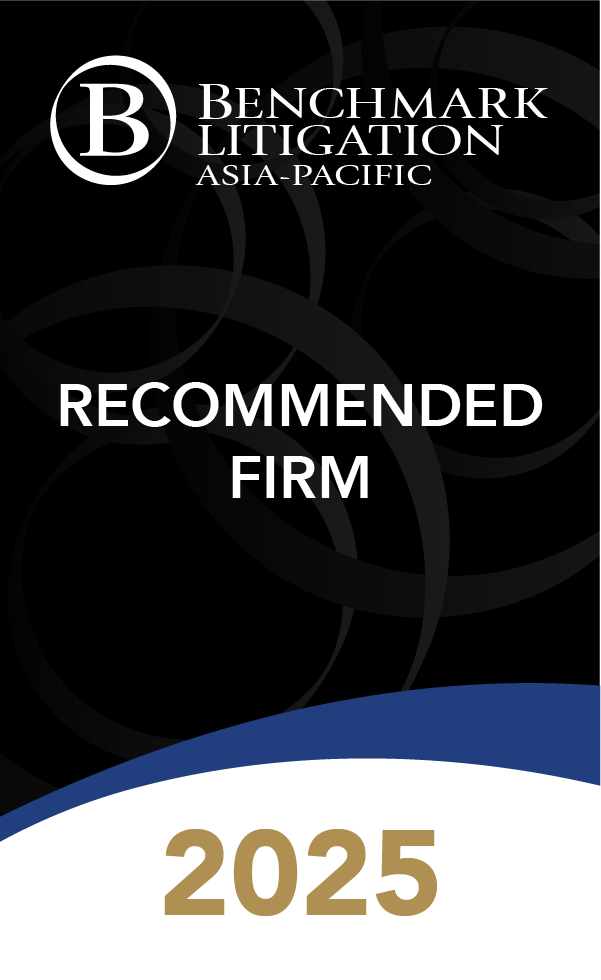
INSIGHT
Newsletter - Regulatory Overview of Minister of Law Regulation Number 2 of 2025 on Corporation Beneficial Ownership Verification and Supervision
To strengthens the Indonesian government’s efforts to ensure transparency and to prevent money laundering (Tindak Pidana Pencucian Uang or TPPU) and terrorism financing (Tindak Pidana Pendanaan Terorisme or TPPT) within corporation, among others, through the verification and supervision over beneficial owners’ data, the government has enacted Minister of Law (“MOL”) Regulation No. 2 of 2025 on Corporation Beneficial Ownership Verification and Supervision (“MOL 2/2025”). This regulation officially revokes MOL Regulation No. 21 of 2019 on Procedures for the Supervision of the Implementation of the Know-Your-Beneficial-Owner Principle by Corporations (“MOLHR 21/2019”).
While both regulations cover relatively similar areas, MOLHR 21/2019 primarily focused on supervisory mechanisms, whereas MOL 2/2025 introduces a more comprehensive regulation on the corporation’s obligations, and verification and supervisory mechanism, aimed at enhancing the accuracy of beneficial owner data.
Key Provision of MOL 2/2025
Any verifications must be carried out based on a risk assessment that evaluates the potential of money laundering crime and terrorism financing activities (vide Article 5(1) and 5(3) of MOL 2/2025).
Although MOLHR 21/2019 has governed verification requirements, Chapter III of MOL 2/2025 provides a more detailed mechanism, where verification is conducted by the following parties (vide Article 5(2) of MOL 2/2025):
- corporation, in the event of its establishment, or any change and update of its data;
- notary, in the event that the corporation uses notary’s service;
- the MOL; and
- other authorized agencies, whose scope of duties includes “business license registration” and “supervision and regulation of corporate business sectors” (vide Attachment 1 of MOL 2/2025).
MOL 2/2025 also broadens the types of corporations required to disclose their beneficial owners, by adding “limited partnership (persekutuan perdata)” and expanding the category of “limited liability company (perseroan terbatas)” to include capital partnership company (perseroan persekutuan modal) and individual company (perseroan perorangan) (vide Article 2(3) and 2(4) of MOL 2/2025). In contrast, these entities were not subject to such obligations under MOL 21/2019.
Additionally, MOL 2/2025 imposes specific obligations on corporations to: (i) update its beneficial owner information for once a year; (ii) maintain the related documentation; and (iii) file out questionnaires provided by the MOL (vide Article 3(1) of MOL 2/2025). The regulation also mandates corporate entities to implement Know-Your-Beneficial-Owners principles through the following stages (vide Article 4(1) of MOL 2/2025):
- identification and verification;
- determination of the beneficial owner; and
- submission of the beneficial owner information to the MOL.
MOL 2/2025 further outlines specific list of administrative sanctions might be imposed by the MOL for non-compliance, i.e. if corporations fail to report and/or submit incorrect information on their beneficial owners.
“MOL 2/2025 enhances the verification and supervision of beneficial owners to improve corporate transparency”
Such administrative sanctions will be imposed in stages, starting from reprimand, inclusion in a blacklist (daftar hitam), and access blocking to the MOL online system (AHU). However, under certain circumstances, the MOL may also impose sanctions directly without following the step-by-step approach (vide Article 22, 23, and 24 MOL 2/2025).
)))000(((
NOTE
This article provides general information and does not constitute legal advice. Readers should seek specific legal counsel for their circumstances.






